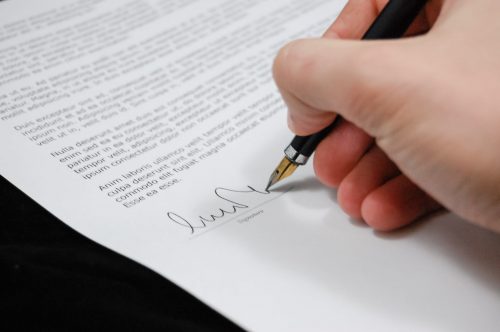Toronto is probably the most popular spot for Airbnb rentals globally because of the city’s modern, colossal condos with world-class amenities, and thriving tourism. However, homeowners are skeptical about listing their homes for short-term renting because they don’t know the new Toronto Airbnb condo rules passed by Toronto city. Our experts explain the important things you should know about these rules.
Condo Airbnb Units In Toronto
Currently, the rental market is full of supply due to low immigration and lack of international students due to the Covid-19 pandemic. This has seen demand rates regress to 20%.
Other reasons the rental Airbnb space is full are the high housing cost and the fact that some of the condo units are old, driving away tenants who prefer houses with updated and fresh amenities.
Short-Term Rental Bylaw (PG24.8)
This regulation states that short-term rentals are allowed in Toronto if your listing is your primary residence. In simple terms, your primary residence is where you live and use for bills, taxes, insurance, etc.

If you host your primary residence, you must register your listing on the city’s website. Hosts that can’t register their listing must state their reasons for exemption. If your listing is without a valid registration number or exemption, it will be blocked from hosting short-term stays.
Airbnb Registration
As pointed out by our housing experts, registering your Airbnb unit is mandatory. During registration, you will provide your contact information and address, details of your short-term rental, name and telephone number of an emergency contact who’s available 24/7. Before you submit this information, the contract must give you his/her consent by filling out and submitting the Consent for Alternate (Emergency) Contact Persons PDF form.
You’re also required to provide a government-issued ID, such as Driver’s License or Photo Card, to prove that you are over the age of 18 and show evidence of your residence. Finally, a fee of $50 will be paid via a valid credit card.

The City of Toronto will review your application after submission [1]. If your application is approved, a registration number will be emailed to you within five business working days. Only then can you add the number to your listing.
If your application is denied, the city will contact you, and you’ll be required to provide information on why your registration should be accepted.
Hosting a Primary or Secondary Residence
You can host your condo as a primary or secondary residence if it is your principal residence. For secondary suites, it must comply with Building and Fire Code requirements. However, you cannot host your secondary residences like an investment property or vacation home as short rentals.
Taxes
The city of Toronto stipulates a 4% Municipal Accommodation Tax for stays lesser or equal to 28 nights. Airbnb will remit tax quarterly.
Requirements
Once you have listed your property as a short-term rental, you must display your registration number on all listings and provide your guests information about contacting the emergency number and emergency exit plan.

The city may also request specific records from you, such as the type of rental, the number of nights rented, and the price charged.
Rules and Regulations
Toronto implemented some regulations for owners in the Airbnb condo short-term rentals. The new rule states that you have to pay a $50 renewal fee per year alongside registering your unit.
The second rule implemented is you have to pay 4% tax to the city quarterly. The final law states that you can only Airbnb your primary residence, either all of it or partly.
Effect on Toronto Short-Term Rentals Market
With the rules, it means that you can no longer list investment condo units on the Airbnb short-term rental market. Your condo unit must be your primary residence before you can list it.
The implication of these is that investors will find it harder to maximize profit from hosting their condos. Notwithstanding, the new rules will weed out owners who have been earning illegitimately by listing “ghost” houses.
FAQ
Can I Airbnb my condo in Toronto?
Yes, you can Airbnb your condo in Toronto, assuming the condo board allows AIRBNB and you are following the Toronto guideline and rules.
Is Airbnb illegal in Toronto?
No, Airbnb is not illegal in Toronto.
Which condo buildings in Toronto allow Airbnb?
Condo buildings that allow Airbnb in Toronto currently are; 300 Front Street West (located at John/Front, across Ripley’s Aquarium), 55/65 Bremner-Maple Leaf Square Residences (located at York and Bremner beside Scotiabank arena),
Other condo buildings that allow Airbnb in Toronto include; 209/215 Fort York Blvd (located beside the Enecare conference center) and 12/14 York Street – Ice Condos (located across the street of 55/65 Bremner Blvd).
(Looking for ways to keep the fun in your unit? Then, you can check our list of lovable dogs for condo here)
Conclusion
If you wish to list your condo in the short-term rental market, you need to be aware of the Toronto Airbnb condo rules. These rules will guide you in registering and listing your property correctly.
For real estate related pages, you can also check the following:






